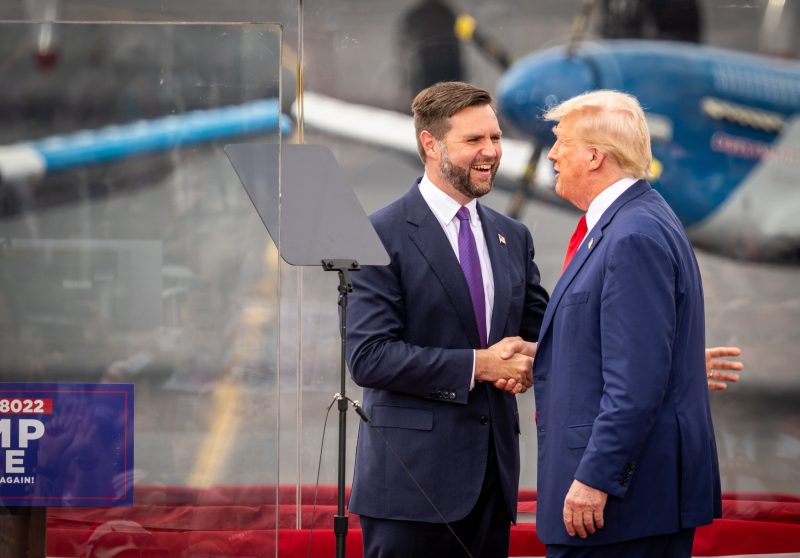In a recent speech by former President Donald Trump, he and his economic adviser, Peter Navarro, made several claims regarding the impact of tariffs on the US economy. While their rhetoric may sound convincing, a closer examination reveals that much of their arguments are false and misleading. Let’s dive deeper into some of the key points raised by Trump and Navarro and explore the actual implications of tariffs on the economy.
One of the central claims made by Trump and Navarro was that tariffs are beneficial for the economy and help to protect American jobs. While it is true that tariffs can provide some protection to domestic industries by imposing additional costs on imported goods, the broader economic impact of tariffs is often negative. Tariffs can lead to higher prices for consumers, reduced competitiveness for American businesses, and retaliatory measures from other countries. In the long run, this can result in job losses and reduced economic growth.
Furthermore, Trump and Navarro argued that tariffs are necessary to address trade imbalances and protect American intellectual property. While addressing these issues is important, tariffs are not always the most effective or efficient solution. Negotiating trade agreements, strengthening intellectual property protections, and promoting fair competition are often more productive ways to address these concerns without resorting to tariffs, which can have unintended consequences.
Another misleading claim made by Trump and Navarro was that tariffs generate significant revenue for the government. While tariffs do generate some revenue, this is ultimately paid by American consumers and businesses in the form of higher prices. In essence, tariffs act as a hidden tax on consumers, making goods more expensive and reducing overall purchasing power. This can have a negative impact on household budgets and economic growth, offsetting any potential revenue gains for the government.
In conclusion, while the use of tariffs as a tool in trade policy is a complex and nuanced issue, it is essential to critically evaluate the claims made by proponents like Trump and Navarro. Their arguments often oversimplify the impact of tariffs on the economy and fail to consider the broader consequences for businesses, consumers, and overall economic growth. By engaging in informed and evidence-based discussions about trade policy, we can work towards developing more effective and sustainable solutions to address the challenges facing the US economy.



























